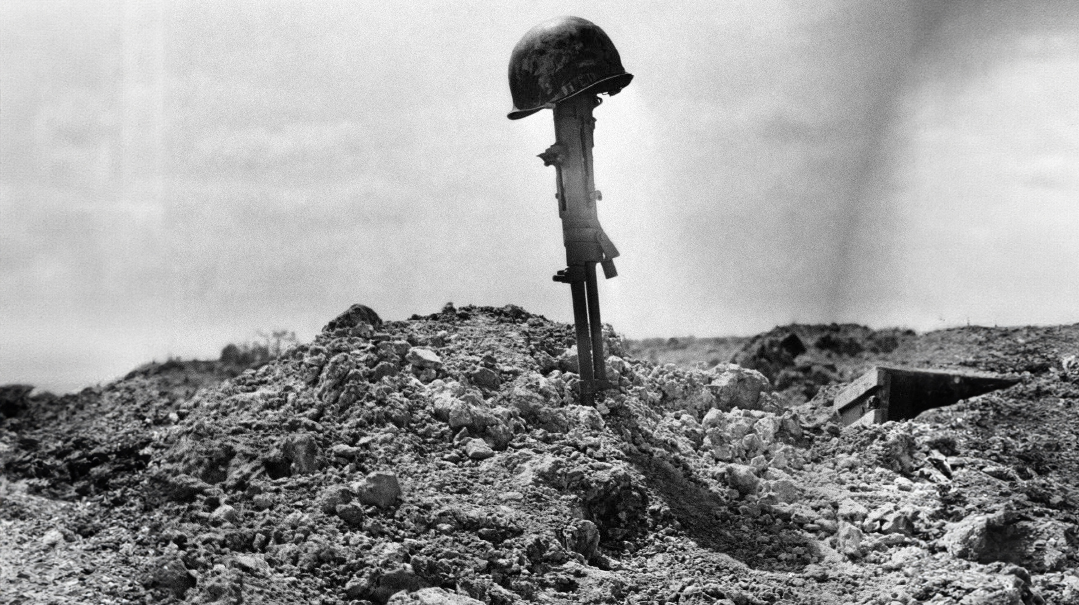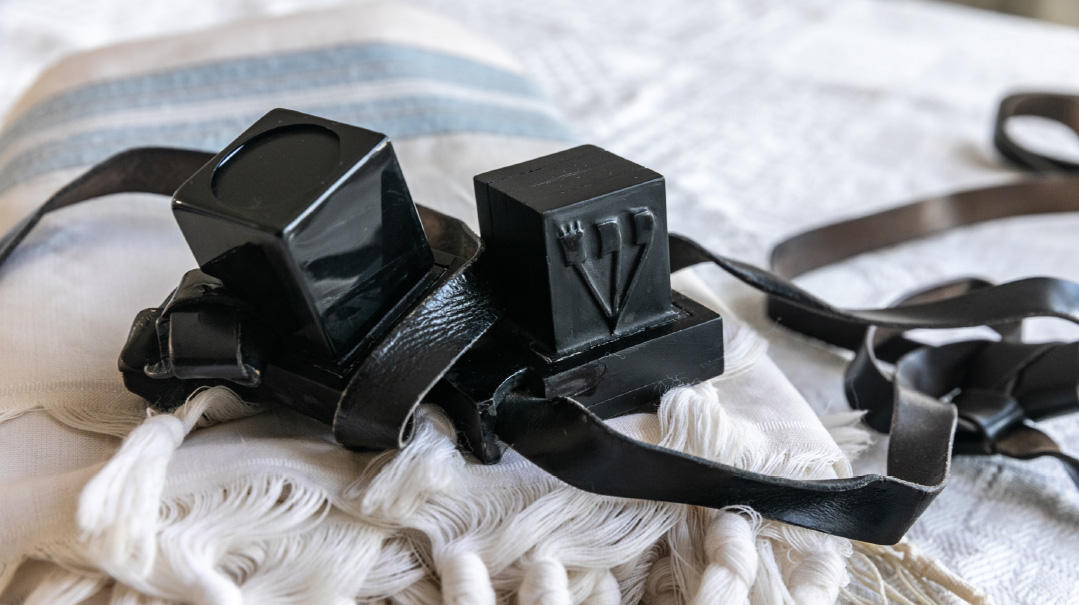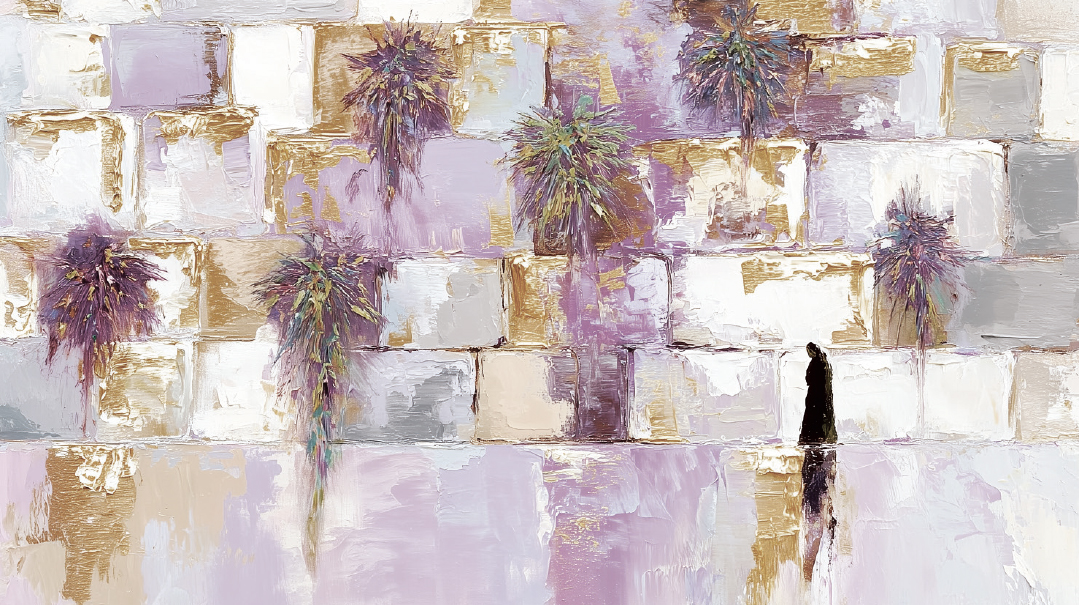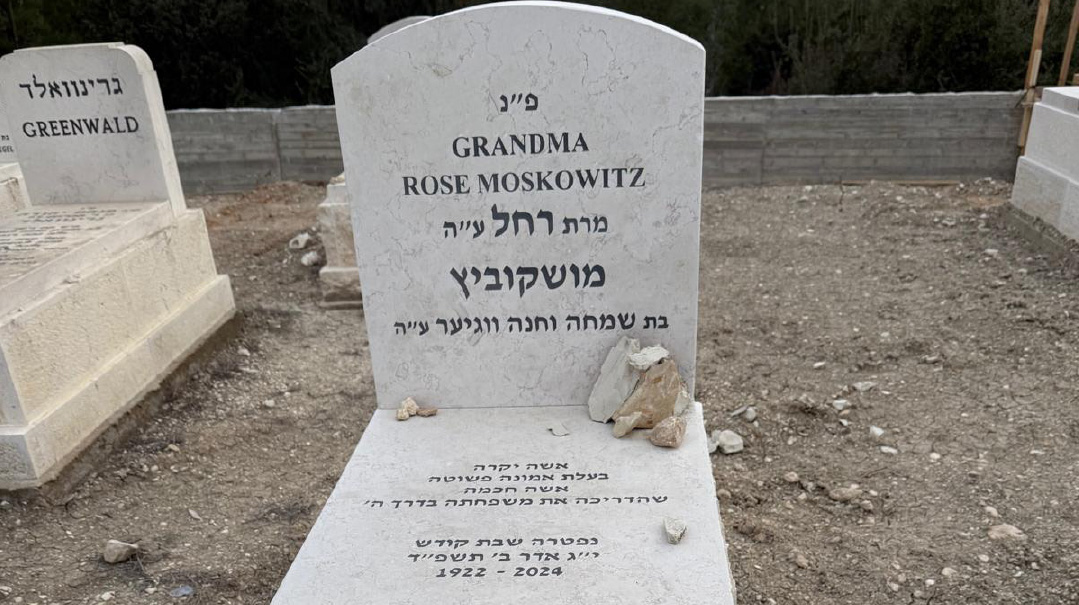Standing Up for Aaron Milstein
| July 16, 2024Seeing one’s father cry is an intense experience. I feel it to this very day

Photo: AP Images
When I was a kid growing up in the Twin Cities, my father belonged to a B’nai B’rith lodge. This puzzled me at the time. We were the only frum family that belonged to this lodge. This was not a thing that Orthodox Jewish people did. Like gentile fraternal organizations — the Elks, the Shriners, the Knights of Columbus — B’nai B’rith brought Jewish men together for camaraderie and social service.
But my father was a hard-working, 24/6 family man, not the “go bowling with the guys at the lodge” type. He never attended any of the meetings, never joined the activities. His social circle was contained almost wholly within the shul and day school community, and I never knew him to hang out with the other lodge members.
One day I saw him making out a check to pay his membership dues to B’nai B’rith’s Aaron Milstein Lodge #49.
I innocently asked, “Why do you belong to a B’nai B’rith lodge?”
My father told me that the lodge was named after a kid he grew up with, and he felt an obligation to belong. Now I was even more curious. I pressed him for details.
The “old neighborhood” my father grew up in during the Depression was populated entirely by Yiddish-speaking Jewish immigrants. His chevreh were first-generation American kids like himself. The Milsteins were another immigrant family in the neighborhood. They had two sons — Aaron, and Bernie, younger by 15 years.
Aaron was a slight, quiet boy. Aaron’s mother doted on him excessively — he was, after all, her only child for many years. When the boys went to play ball at the park, Mrs. Milstein came to bring Aaron his scarf. As boys will do, especially sons of Yiddish-speaking immigrants eager to prove how American they are, the chevreh made fun of this shy boy and his devoted mother.
My father felt for Aaron, but never said anything. Sometimes he even joined in, getting a laugh at the heavyset Mrs. Milstein in her babushka scarf and apron, waddling after “mein Aharon,” as she referred to him.
A decade passed. When the neighborhood boys graduated high school, World War II broke out. Everyone joined the military. The chevreh shipped out to countries around the globe, risking their lives to make America safe and fight Amalek, becoming known as “the Greatest Generation.”
My father, who had never traveled more than five miles from home in his life, got as far as Hawaii. He was being trained to invade Japan when the atomic bombs were dropped on Hiroshima and Nagasaki, ending World War II.
Over the months following V-J Day, the boys began to trickle back to the old neighborhood. Having been exposed to the broader world, they came home with big dreams. The old neighborhood felt very small. Guys in the chevreh started applying to colleges on the GI Bill or pursuing careers in other cities. At some point, one of them suggested that before they all scattered, they should get together and share war stories.
My father attended the “reunion.” Many of the guys came in uniform, and some had achieved considerable rank.
“What happened to this one?” “What happened to that one?”
Then someone asked, “What happened to Milstein?”
“He shipped out to Europe,” came the answer. “Landed on D-Day. Got killed about a month later. His mother hasn’t stopped crying.”
Here my father broke off his retelling, tears welling in his eyes.
Seeing one’s father cry is an intense experience. I feel it to this very day. I didn’t have the courage to ask him more about it, but I pondered it a lot. I assumed he was mourning the death of quiet, gentle Aaron Milstein, or dwelling on the agony of devoted Mrs. Milstein, shattered over the loss of her darling child.
As I grew older, it occurred to me that he may have been crying for another reason. Perhaps he was suffering over the guilt of his personal failure to stand up for little Aaron on the ballfield many years before.
Aaron Milstein gave his life al kiddush Hashem fighting the Nazis yemach shemam in the Normandy region of France, in a town called St. Lo, on July 12, 1944. Every 21 Tammuz, I say Kaddish for him.
Rabbi Binyomin Friedman is a founder and current chaver of the Atlanta Scholars Kollel. He has been the rav of Congregation Ariel in Dunwoody, Georgia, for nearly 30 years.
(Originally featured in Mishpacha, Issue 1020)
Oops! We could not locate your form.






